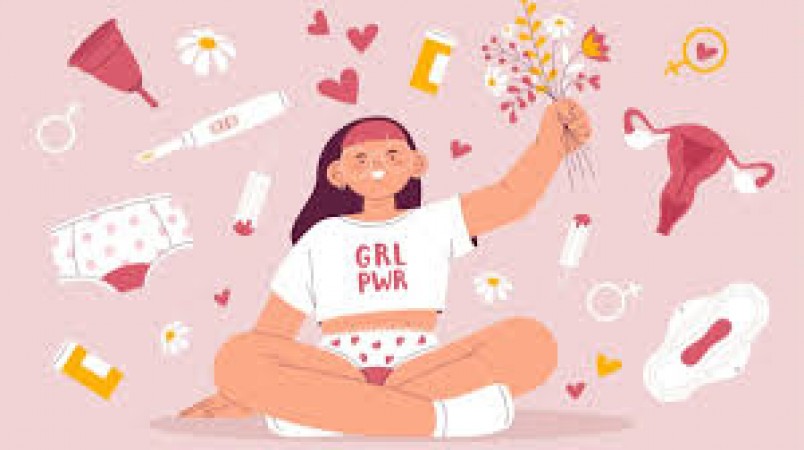
Menstrual Hygiene Day is an annual observance that sheds light on the importance of menstrual hygiene and works towards eliminating the stigma and taboos surrounding menstruation. It aims to promote awareness and education about menstruation and menstrual hygiene management, particularly in developing countries where access to sanitary products and proper facilities is limited. Let's delve into the history and theme of this significant day.
Menstrual Hygiene Day was first celebrated on May 28, 2014, initiated by the German-based NGO WASH United and supported by various organizations worldwide. The date was chosen to commemorate the 28-day average menstrual cycle. Since its inception, the day has gained momentum globally, with increasing participation from governments, NGOs, activists, and individuals.
One of the primary objectives of Menstrual Hygiene Day is to challenge the stigma and silence surrounding menstruation. In many cultures, menstruation is still considered taboo, leading to discrimination, shame, and limited access to information and resources. By raising awareness and fostering open discussions, the day aims to normalize menstruation and empower individuals to manage their menstrual health confidently.
Another crucial aspect of Menstrual Hygiene Day is advocating for improved access to affordable and sustainable menstrual hygiene products. Many women and girls, especially in low-income communities, lack access to sanitary pads, tampons, or menstrual cups, forcing them to resort to unhygienic alternatives like rags or leaves. This not only poses health risks but also affects their dignity and quality of life. The day highlights the need for governments and organizations to prioritize menstrual health as a fundamental human right and ensure that all individuals have access to safe and effective menstrual products.
Menstrual Hygiene Day also emphasizes the importance of education and empowerment. By providing accurate information about menstruation, reproductive health, and hygiene practices, women and girls can make informed choices and take control of their menstrual health. Education initiatives range from school-based programs to community workshops, aiming to dispel myths, address misconceptions, and promote positive attitudes towards menstruation.
Access to clean and private facilities for managing menstruation is essential for maintaining dignity and hygiene. However, many schools, workplaces, and public spaces lack adequate sanitation facilities, making it challenging for women and girls to manage their periods comfortably and safely. Menstrual Hygiene Day advocates for the provision of gender-sensitive toilets with clean water and disposal facilities, ensuring that menstruators can manage their periods with dignity and without fear of embarrassment or health risks.
Each year, Menstrual Hygiene Day adopts a specific theme to focus attention on key issues and priorities. The theme for Menstrual Hygiene Day 2024 is "Menstrual Equity: Periods Don't Pause for Pandemics." This theme underscores the disproportionate impact of crises, such as the COVID-19 pandemic, on menstrual health and hygiene. It highlights the urgent need for equitable access to menstrual products, information, and support services, especially during times of crisis when vulnerabilities are exacerbated. By addressing the intersecting challenges of menstrual equity and public health emergencies, the theme emphasizes the importance of resilience, solidarity, and collective action in safeguarding menstrual health rights for all.
In conclusion, Menstrual Hygiene Day serves as a platform to advocate for menstrual equity, challenge societal norms, and promote access to menstrual health resources and facilities. By recognizing the significance of menstruation and addressing the barriers that menstruators face, we can work towards a world where menstruation is no longer a source of shame or inequality, but a natural and healthy aspect of life.
When was the traffic light invented, will driverless cars be able to recognize the signals now?
MG Hector BlackStorm Review, this new edition has many amazing features
Is Your Smartphone Ruining Your Relationship? Know The Surprising Truth